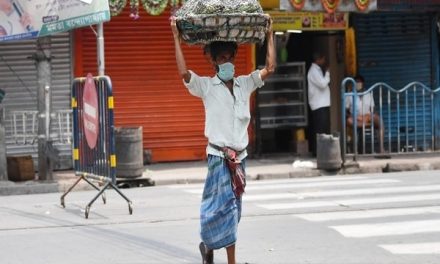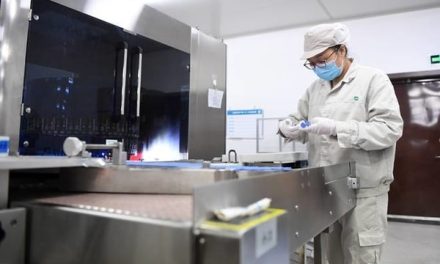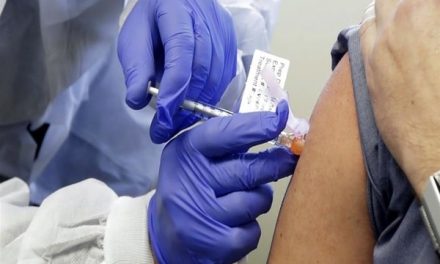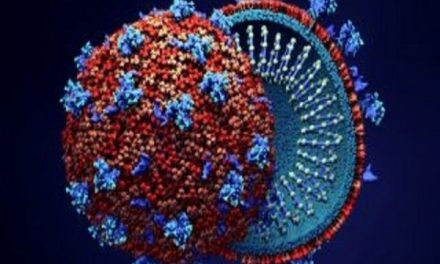Coronavirus pandemic: The Indian Council of Medical Research (ICMR), which is the nodal agency of conducting all the tests related to the identification of coronavirus-induced COVID-19, has said that all of its designated labs will conduct the real-time polymerase chain reaction (PCR) test, according to a report in IE. The test, commonly used for the detection of Influenza A, Influenza B, and H1N1 virus, is conducted using a swab from the back of the throat, a saliva sample, or liquid sample from the lower respiratory tract, the report added.
What happens in a PCR test?
In the PCR test, the report states, a technique is used to duplicate a segment of the patient’s DNA. The word ‘polymerase’ denotes the enzyme which creates these copies. The chain reaction refers to how the segment of the DNA gets copied exponentially. One fragment copies into two, two fragments get copied into four and so on. In the case of viruses that are made of RNA, like the SARS-COV-2, the RNA needs to be converted into DNA using a process termed as reverse transcription. The process of duplicating the DNA is then carried out.
After copies have been created, a fluorescent DNA binding dye, termed as a probe, shows whether the virus is present or not. This test also distinguishes SARS-COV-2, which causes the COVID-19, from other viruses.
How lengthy is the PCR process?
The IE report states that according to ICMR scientist Dr. RR Gangakhedkar, the time taken to test samples have been brought down to 4.5 hours from the earlier 6 hours, by the real-time PCR testing. But, the report added, he said that overall time, from taking the sample to delivering the medial report, takes about 24 hours, which is more than it should be.
How is the PCR test being conducted in India?
India is conducting the coronavirus testing in two stages, the report quoted NIMHANS Head of Neurovirology Dr. V Ravi as saying. In the first stage, the genetic elements which are common to the presence of coronavirus are tested and then, in the second stage, tests specific to the presence of SARS-COV-2 are conducted.
While the National Institute of Virology in Pune was conducting the second test till the beginning of March, the facility has now been transferred to all the labs for quicker results, Dr. Ravi was quoted by the report as saying.
India currently has the capacity for checking 10,000 samples a day, and so far has been testing around 600-700 samples daily. Meanwhile, South Korea, which has a similar turnaround time, has been reported to be testing a maximum of 20,000 samples a day. However, Dr. Gangakhedkar said that the government has been saying that at this stage there is no need to test every person. Another ICMR scientist Dr. Nivedita Gupta was quoted as saying that they do not want to conduct indiscriminate testing as everyone is asking to be tested. They are currently trying to rationalize it while keeping an eye out for any cases of community transmission.
Also read: Microsoft launches Covid-19 tracker











